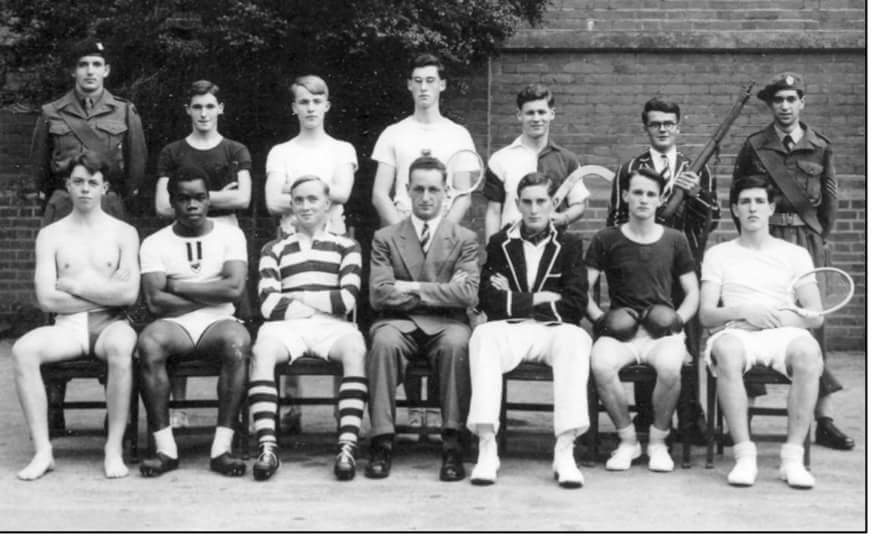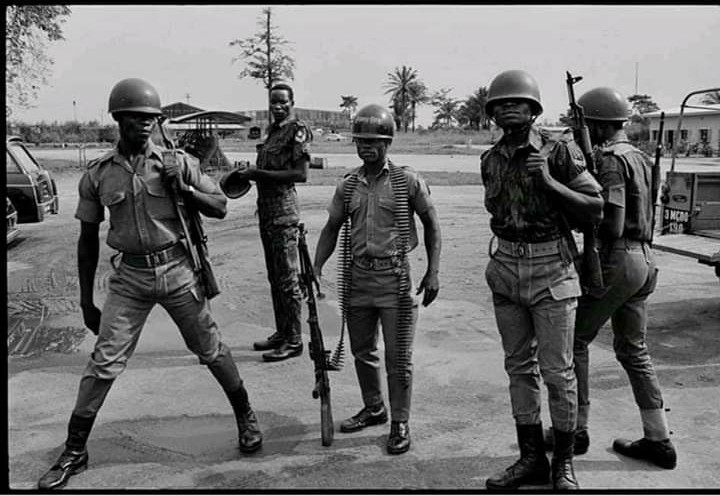a mansion and attended a private high school in Surrey, England, where he set a school record for the discus throw.
Igbo and that the General who took over power was also Igbo. Northerners feared that the Igbo had set out to take control of the country.
members of the army were systematically killed, three-quarters of them Igbo, as well as thousands of civilians of southern origin living in the north.
January 1966 coup also exacerbated the situation.
Mr. Ojukwu’s told Biafrans to eat rats, dogs and lizards
Ojukwu carved wood guns for his people. It was a sad experience.
I also Culled from a lecture to the Students of the University of Nigeria, Nsuka,by Professor Kalu Uka, of the English and
Drama Department ,

























